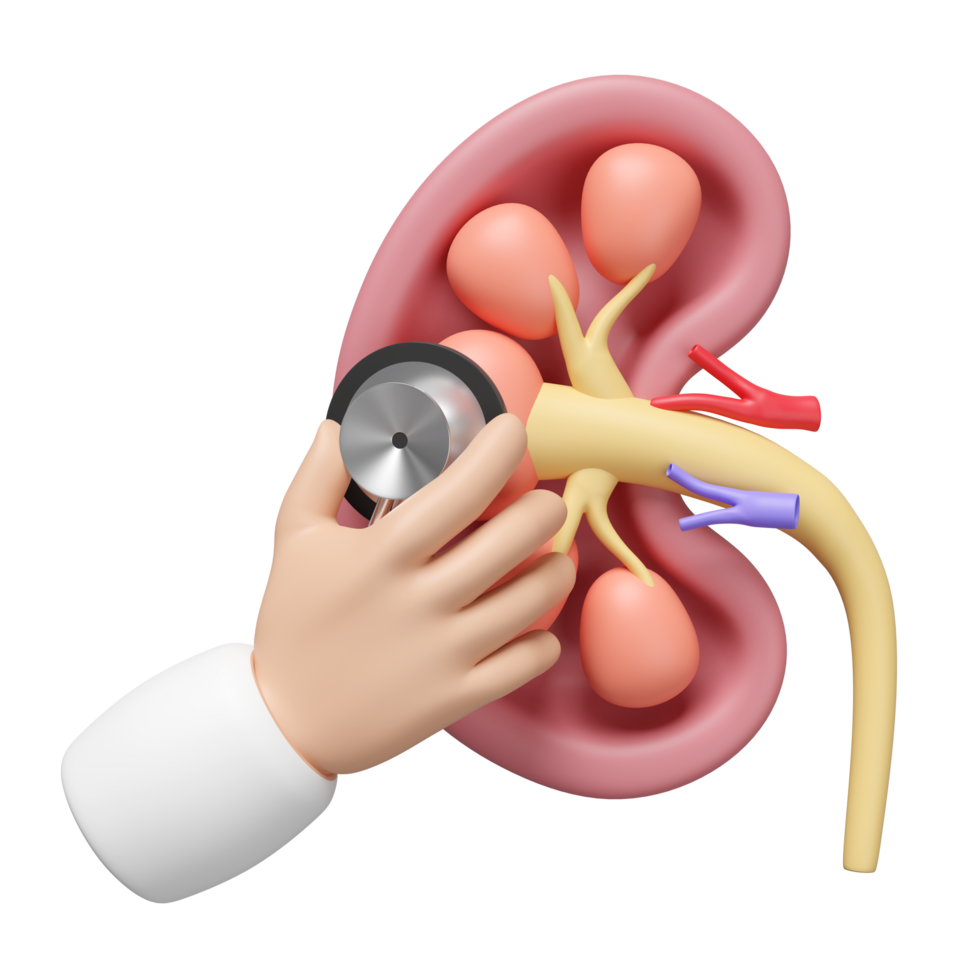What is a Vasectomy?
Vasectomy is a permanent and effective method of male sterilizati Vasectomy is minor surgery to block sperm from reaching the semen that is ejaculated from the penis.
on, offering a reliable solution for contraception. Performed by our highly qualified urologists at Surya Kidney Centre, the procedure involves cutting or blocking the vas deferens to prevent sperm from entering the semen, ensuring that you will no longer be fertile. This simple, minimally invasive procedure ensures a fast recovery with minimal discomfort. If you’re looking for a permanent solution to family planning, a vasectomy may be the right choice, and we’re here to provide compassionate, expert care at affordable rates.
What is the Procedure?
What are the Risks?
The procedure is done through a small incision in the scrotum, which is numbed with a local anesthetic. The urologist accesses the vas deferens, removes a small portion, and seals the ends to prevent sperm from passing through. This minimally invasive surgery typically takes around 20 minutes and is performed with utmost care to minimize discomfort. Most patients experience only mild discomfort post-procedure, which can be managed with pain relief medication. You can return to light activities within a day or two but should avoid strenuous exercise for about a week.
Why Choose Us?
Vasectomy Surgery at Surya Kidney Centre
Vasectomy is a permanent and effective method of male sterilization, offering a reliable solution for contraception. Performed by our highly qualified urologists at Surya Kidney Centre, the procedure involves cutting or blocking the vas deferens to prevent sperm from entering the semen, ensuring that you will no longer be fertile. This simple, minimally invasive procedure ensures a fast recovery with minimal discomfort. If you’re looking for a permanent solution to family planning, a vasectomy may be the right choice, and we’re here to provide compassionate, expert care at affordable rates.
What Is a Vasectomy?
The vas deferens are the tubes that carry sperm from the testicles to the urethra. During a vasectomy, a small portion of these tubes is either cut or sealed, preventing sperm from mixing with semen. Though you will continue producing seminal fluid, sperm will no longer be present, meaning you won’t be able to father children. The procedure is typically performed under local anesthesia, and many patients are able to go home the same day. It is highly effective but permanent, so it’s important to be sure this is the right choice for you.
The Vasectomy Procedure
The procedure is done through a small incision in the scrotum, which is numbed with a local anesthetic. The urologist accesses the vas deferens, removes a small portion, and seals the ends to prevent sperm from passing through. This minimally invasive surgery typically takes around 20 minutes and is performed with utmost care to minimize discomfort. Most patients experience only mild discomfort post-procedure, which can be managed with pain relief medication. You can return to light activities within a day or two but should avoid strenuous exercise for about a week.
Recovery and Aftercare
After your vasectomy, it’s important to rest for a few hours and take it easy for the next few days. Swelling or bruising at the incision site is normal and typically resolves within a week or two. The stitches dissolve on their own, and the surgical area should be kept clean and dry for the first few days. Sperm tests will be required several weeks after the procedure to confirm that the vas deferens are clear. You should only stop using additional contraception once confirmation is received that no sperm remain in your semen.
Possible Complications and Long-Term Outcomes
Vasectomy is a low-risk procedure, but, like any surgery, there are possible complications, including infection or swelling. Rarely, men may experience chronic pain or develop sperm granulomas (small, hard lumps due to trapped sperm). These issues are usually treatable. Vasectomy does not impact hormone levels, sexual function, or your enjoyment of intimacy. However, it is permanent and should only be considered by men who are certain they do not want more children in the future.

